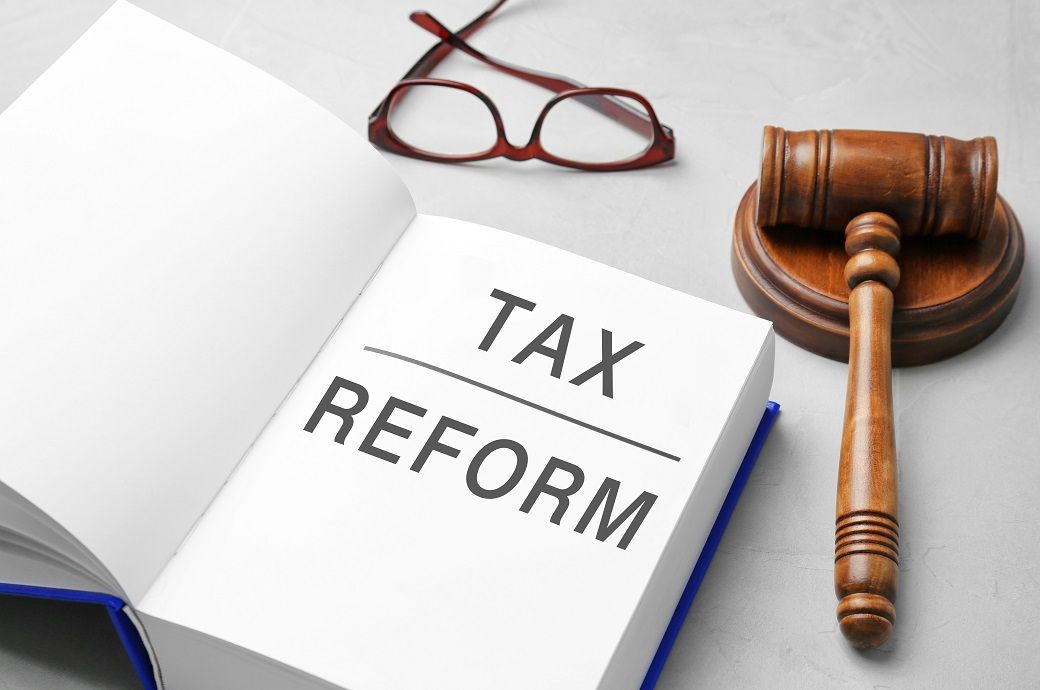
Sri Lanka has taken a bold leap in its tax landscape by abolishing the long-standing Simplified Value Added Tax (SVAT) scheme and ushering in the new Risk-Based Refund Scheme (RBRS) effective from October 1, 2025.
This move forms part of a sweeping set of tax reforms designed to reportedly align the country’s fiscal framework with international best practices and commitments made under the International Monetary Fund (IMF) programme.
The SVAT system, which had been in operation since 2011, was originally crafted as a lifeline for exporters and specific suppliers struggling with crippling cash flow issues and chronic delays in VAT refunds, allowing them to engage in transactions using credit vouchers instead of physical cash payments.
It was a system that lubricated the wheels of export trade, minimising the financial friction between businesses and the Inland Revenue Department (IRD) and giving exporters the breathing space they needed to compete on global markets without being strangled by refund delays.
For over a decade, this scheme was considered a clever workaround, one that kept liquidity intact for exporters and helped stabilise the country’s most vital industries.
But 2025 brought an end to that familiar rhythm. As part of its IMF-backed reform agenda, the government scrapped SVAT and rolled out the new Risk-Based Refund Scheme, which promised a modernised, transparent, and efficient digital system for processing refunds.
Yet the rollout was not as smooth as expected, if reports are to be believed.
According to media reports, even before the ink had dried on the official announcement, the country’s business community voiced scepticism about the readiness and reliability of the new scheme.
Leading export bodies reportedly sounded alarm bells, warning that dismantling SVAT without a fully operational replacement was an enormous risk that could jeopardise the very lifeblood of the export sector.
Reports quoted industry leaders describing the RBRS transition as a “huge risk” that might unleash severe cash flow crises across key sectors and undercut the government’s own export-led growth narrative.
At a press conference earlier, representatives from several major associations — including the Joint Apparel Association Forum (JAAF), Sri Lanka Apparel Exporters Association (SLAEA), Tea Exporters’ Association (TEA), and the National Chamber of Exporters (NCE) — had reportedly jointly pleaded with authorities to delay the transition.
Their message was clear: the business community wasn’t opposing taxation; it simply wanted a functioning, foolproof system before SVAT was dismantled.
The warnings and repeated rounds of dialogue with policymakers notwithstanding, the government reportedly pressed ahead with its decision, even if reports suggest sectors like the tea industry allegedly faced some issues with the new system.
In the tea industry — one of Sri Lanka’s export cornerstones — reports have surfaced of disruptions, with tea auction prices reportedly dropping by nearly Rs. 100 per kilogram as buyers cut back on purchases to avoid paying VAT upfront and holding costly stocks. Officials from the sector have reportedly voiced concern that such shifts could erode competitiveness in international markets.
Meanwhile, there’s still limited clarity on how the new system has affected the country’s readymade garment industry, a powerhouse that accounts for more than half of Sri Lanka’s export earnings and employs hundreds of thousands.
For now, exporters across sectors are watching closely to see whether the ambitious new refund scheme will deliver the efficiency and transparency promised — or become another experiment that creates hiccups for the very industries it is meant to empower.
ALCHEMPro News Desk (DR)
Receive daily prices and market insights straight to your inbox. Subscribe to AlchemPro Weekly!